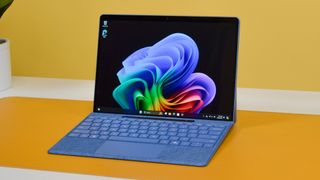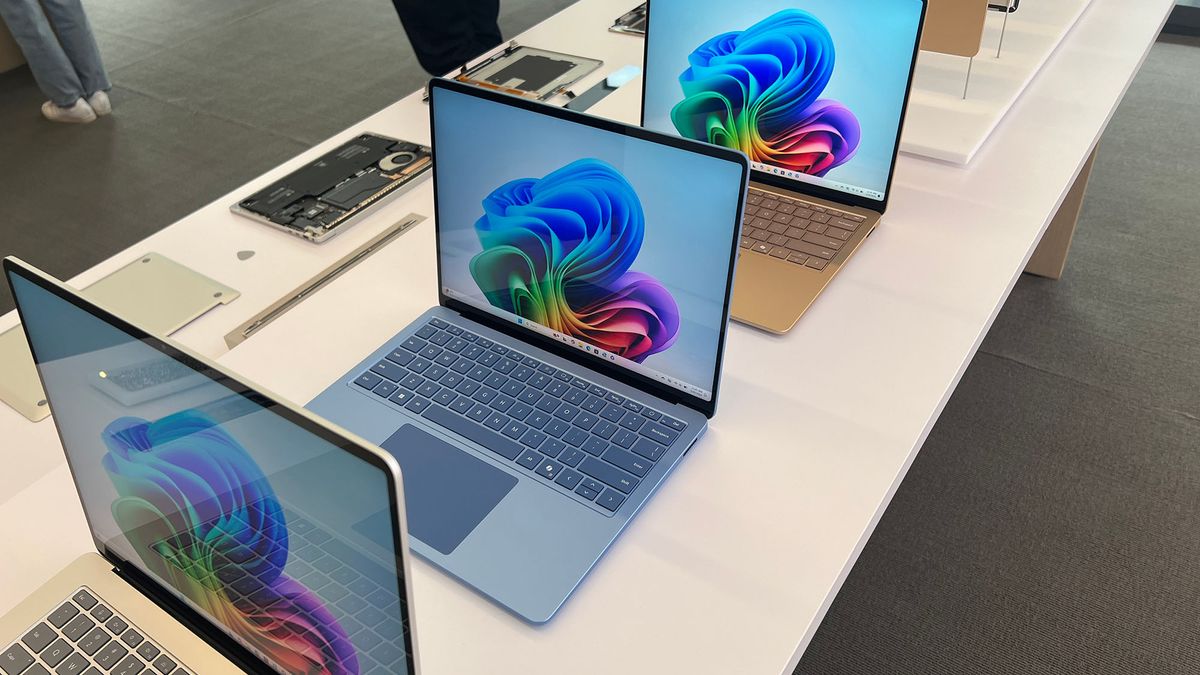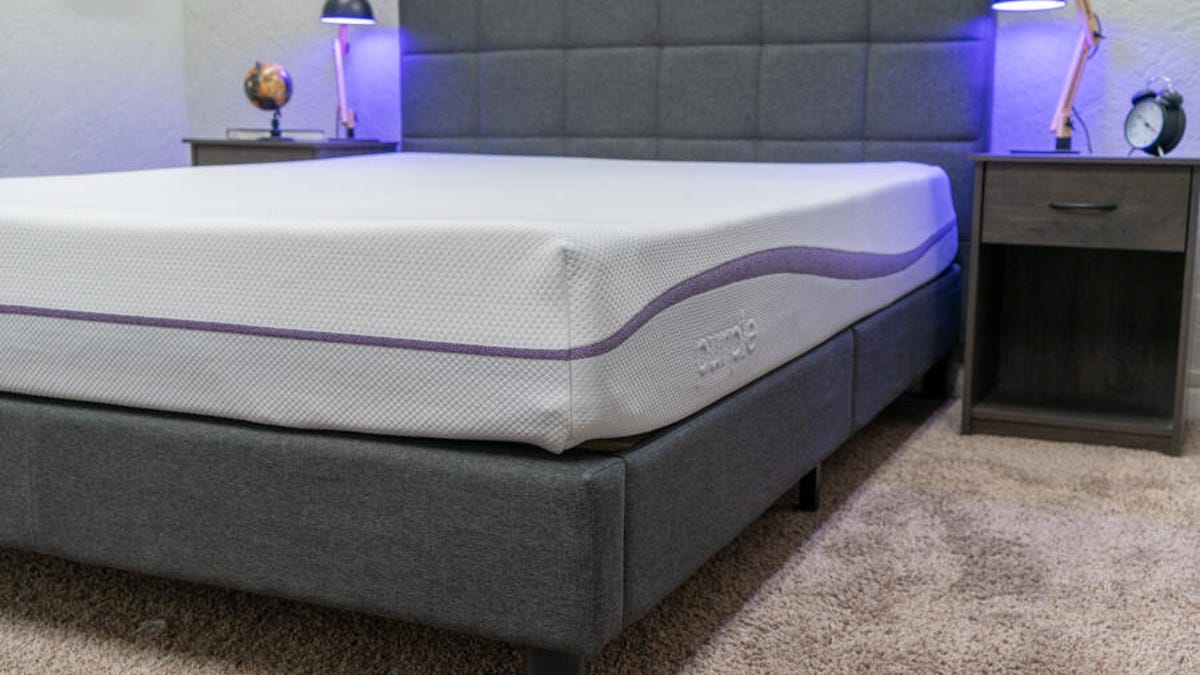- Analyst firm Context has shared sales data for Q4 2024
- Copilot+ PCs didn’t see much growth, despite price cuts
- More affordable Arm-based Copilot+ PCs are likely to help Microsoft’s cause in 2025
Microsoft and its manufacturing partners reportedly dropped prices for Copilot+ PCs substantially at the tail-end of last year, but the cuts didn’t stimulate sales, according to an analyst firm – which could be a worry indeed for the future.
The Register highlighted the move seemingly made in the final quarter of 2024, in which these AI laptops were reduced by 10% - going by the average distributor sale price in Europe.
Marie-Christine Pygott, a senior analyst at Context, told The Register: “While price reductions helped stimulate some interest in Q4, the value proposition of these devices [Copilot+ PCs] still needs to be communicated more effectively to users.”
On a more positive note, Pygott added: “As the concept matures, awareness grows, and a greater range of price points is being addressed, we expect adoption rates to increase in 2025.”
The analyst tells us that more broadly, PC sales in Europe (for desktop computers and tablets, as well as laptops) witnessed some solid growth in the final quarter of last year, and sales for December were up 7% year-on-year, in fact.
During the quarter, AI-capable laptops saw their adoption rate grow to 32%, up from 22% in Q3 – but despite the upward movement, that didn’t match some forecasts (of 40% growth).
However, the definition of an AI-capable laptop is any device with an NPU to pep up AI workloads, no matter how strong that NPU is. Copilot+ PCs are a separate category within that, calling for a powerful NPU of at least 40 TOPS, and in that subdivision, growth was much weaker – it went from 3% to only 5%, according to Context.
Pygott told The Register that the leading notebooks in the world of AI PCs were Apple MacBooks (in Europe and the UK), but Lenovo and HP were making strong headway for market share (based on distributor sell-through data, we should note, not retailer sales).
Whereas Microsoft’s Surface devices are in pole position among the subcategory of Copilot+ PCs, unsurprisingly given how good these laptops are (the latest Surface Laptop is not just a great Copilot+ device, but also our best laptop overall, in fact).

Analysis: Pricing and perception
We must be cautious around a single set of analyst figures, but the sales picture presented here does look rather weak. What to do, then, for Microsoft and its big Copilot+ PC project?
As Pygott points out, there are two obvious problems. Firstly, these devices were too costly at launch, and secondly, people don’t really understand what the AI in an ‘AI PC’ adds to the whole experience (with good reason, and we’ll come back to that).
As Pygott observes: “These [Copilot+ PCs] are currently in the premium price range, but their value add is not always clear to users. We believe this will change as it becomes clearer to users what these PCs can do, and how the way they use a PC will change with AI, but it will take some time.”
As to the issues around cost, as Pygott tells us, a “greater range of price points is being addressed,” which refers to the progress made in bringing in cheaper Snapdragon X chips. This will facilitate the release of more affordable Arm-based Copilot+ PCs (and Arm CPUs are still the majority for these devices).
First off, we had the Snapdragon X Plus 8-core processor arrive in September 2024 ushering in more affordable Copilot+ PCs around the $800 level. Then, the new vanilla Snapdragon X was revealed at CES 2025, and this promises to reduce the cost of these AI laptops to around the $600 mark.
The evolutions of these Arm-based notebooks may cut down the Snapdragon CPU, but crucially they do not mess with the powerful integrated NPU – it’s the same as in higher-tier Snapdragon chips – so they still fully qualify as Copilot+ PCs, just models in truly affordable territory (come Black Friday or the like, we might see $500 price tags). And that should go a long way to helping stoke sales, which, after all, have been predicted to really take off this year (and going forward into the rest of the decade).
The other sticking point of getting folks to realize the benefits of an AI-focused laptop is a trickier proposition, involving Microsoft bolstering the AI tricks infused in Windows 11, and particularly the Copilot+ PC exclusive features, naturally – such as Recall.
That’ll be the first order of the day – getting Recall out of testing, and working well so the feature sheds its controversial reputation (if indeed that is possible, at this stage of the game). But it feels like a tall order for Microsoft to have its suite of AI capabilities make a real impact on public perception, at least in 2025, anyway.
The danger is that if it takes a lot longer for that to happen, the Copilot+ PC project is going to be saddled with a sense of confusion and pointlessness around these devices, which won’t do the brand any favors.
On a more positive note, it’s not like good things aren’t being done with this category of devices – they certainly are. As noted, Microsoft’s latest Surface devices seriously impressed us here at TechRadar, and a Copilot+ PC from Asus was one of the most promising laptops we saw at CES 2025 recently. But while these might be great machines in many respects, the idea of where AI fits, and why it’s such a key aspect – when it isn’t really, not yet – remains the thorny issue.










 English (US) ·
English (US) ·